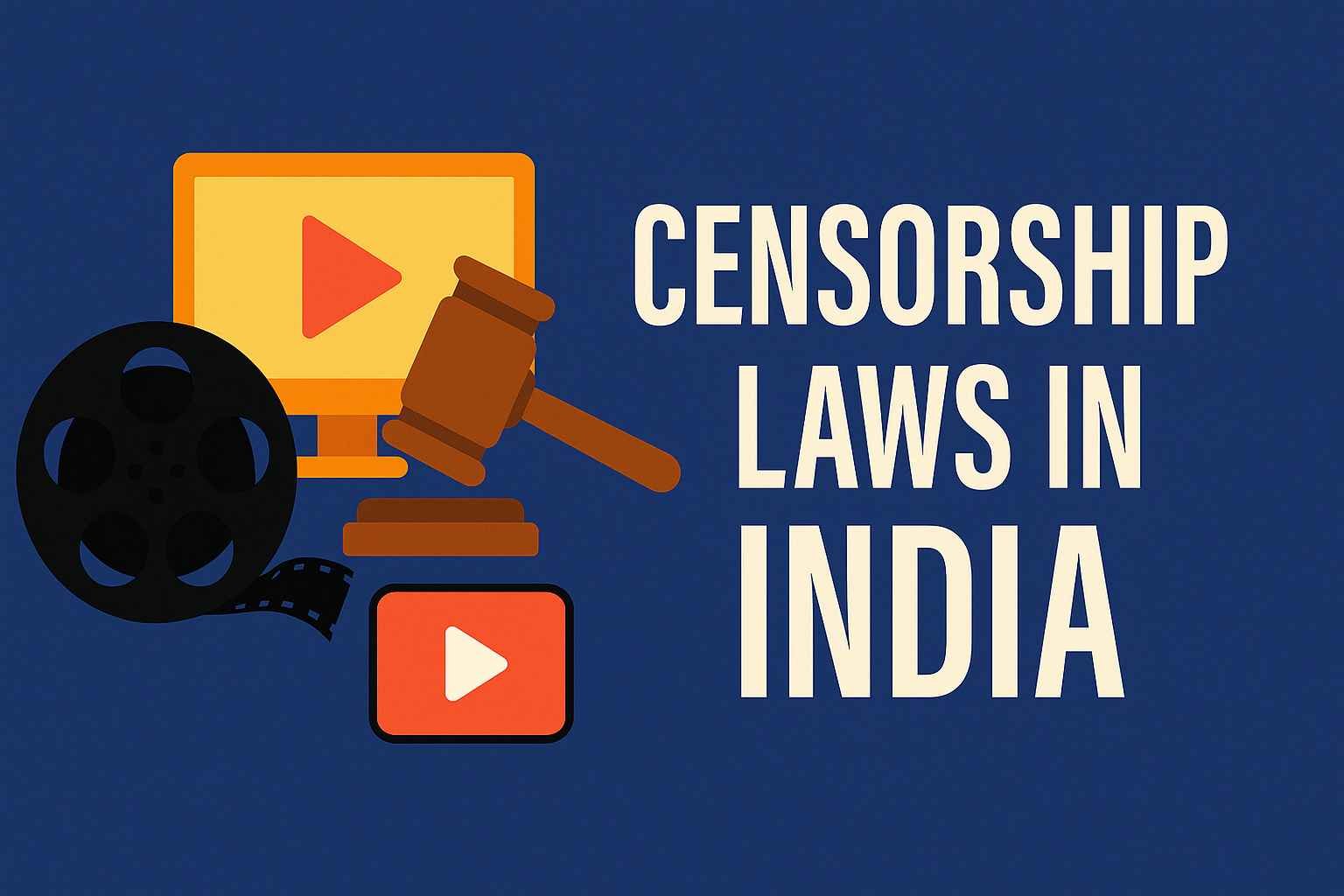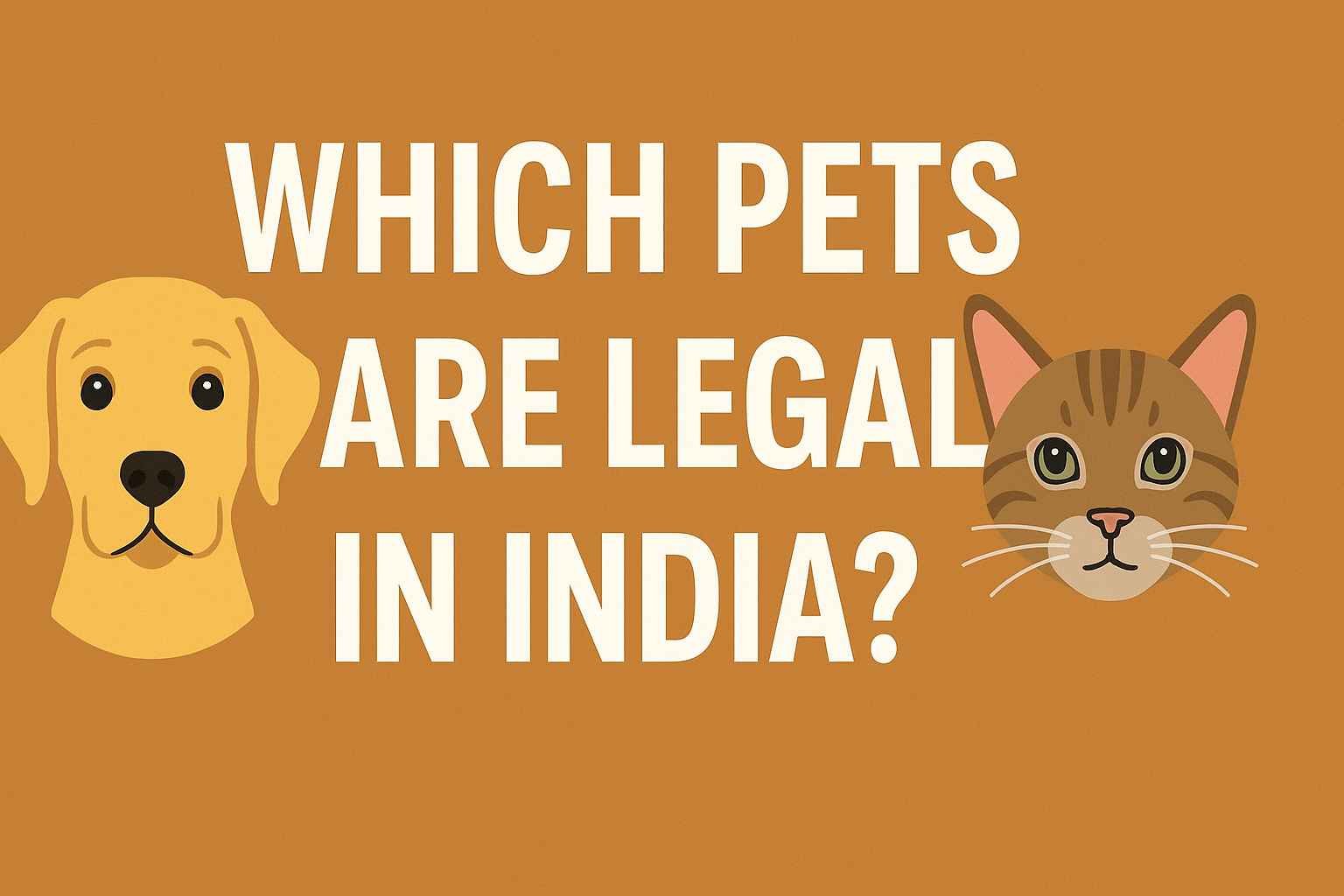On this page you will read detailed information about Passing Off In Intellectual Property Rights.
As a business owner or entrepreneur, protecting your intellectual property is paramount. One often overlooked aspect of this protection is the concept of passing off. You may be familiar with trademarks and copyrights, but passing off represents a crucial area of intellectual property law that safeguards your brand’s reputation and goodwill. In this article, you’ll discover the key elements of passing off, how it differs from trademark infringement, and why understanding this concept is essential for your business. By the end, you’ll have a comprehensive overview of passing off in intellectual property rights and be better equipped to protect your brand’s unique identity in the marketplace.
What is Passing Off in Intellectual Property Rights?
Passing off in IPR is a legal concept that protects businesses from unfair competition and misrepresentation. It occurs when one party attempts to pass off their goods or services as those of another, potentially damaging the latter’s reputation and goodwill.
Key Elements of Passing Off
To establish a passing off claim, three essential elements must be proven:
- Goodwill: The claimant must demonstrate a reputation or goodwill associated with their products or services.
- Misrepresentation: There must be evidence that the defendant has made a false representation likely to deceive the public.
- Damage: The claimant must show actual or potential damage to their goodwill as a result of the misrepresentation.
Types of Passing Off
Passing off can take various forms, including:
- Classical passing off: Using similar branding to mislead customers
- Reverse passing off: Selling another’s products under one’s own brand
- Extended passing off: Misusing descriptive terms with established goodwill
- False endorsement: Implying a false association with a person or entity
Understanding these distinctions is crucial for businesses seeking to protect their intellectual property rights. While passing off in IPR provides flexibility in protecting unregistered rights, it should not be relied upon as the sole strategy for IP protection.
Elements Required to Prove Passing Off
Establishing Goodwill
To successfully prove passing off in IPR, the claimant must first demonstrate they have established goodwill or reputation associated with their products or services. This involves showing that the public recognizes and associates certain identifying features with the claimant’s business. According to Gowling WLG, goodwill is a crucial element that proves the claimant’s goods or services have acquired a distinctive character in the marketplace.
Demonstrating Misrepresentation
The second key element in proving passing off in IPR is misrepresentation. The claimant must show that the defendant has made a false representation, either express or implied, that is likely to deceive the public. This misrepresentation can take various forms, including:
- Classical passing off: Making the public believe the defendant’s goods or services are those of the claimant
- Reverse passing off: Presenting the claimant’s goods or services as the defendant’s own
- Extended passing off: Passing off goods as belonging to a class with established goodwill
As noted by Harper James, the misrepresentation must lead to confusion or deception among consumers regarding the origin of the goods or services.
Proving Damage
The final element required to prove passing off in IPR is damage. The claimant must demonstrate that they have suffered or are likely to suffer harm as a result of the defendant’s misrepresentation. This can include financial losses, damage to reputation, or erosion of goodwill. Stephensons Solicitors LLP emphasizes that proving damage is essential for a successful passing off claim and may lead to various remedies, including injunctions and compensation for losses.
In the previous post, we had shared information about Distinguishing Between Passing Off and Trademark Infringement, so read that post also.
How Passing Off Differs from Trademark Infringement
Passing off in IPR and trademark infringement are two distinct legal concepts that protect businesses’ intellectual property rights, but they operate in different ways and offer varying levels of protection.
Registered vs. Unregistered Trademarks
The primary distinction lies in the registration status of the trademark. Trademark infringement applies to registered trademarks, which are protected under statutory law. In contrast, passing off is a common law remedy that safeguards unregistered trademarks and other forms of intellectual property.
Legal Framework and Burden of Proof
Trademark infringement cases are governed by specific legislation, such as the Trade Marks Act 1994 in the UK. This provides a clear legal framework and stronger protection for registered trademark owners. Passing off, however, relies on common law principles, making it more challenging to prove and offering more limited protection.
Elements of Proof
To succeed in a passing off claim, the claimant must demonstrate three key elements:
- Established goodwill in the trademark
- Misrepresentation likely to cause confusion
- Damage or potential damage to the claimant
Trademark infringement cases, on the other hand, primarily focus on proving the unauthorized use of a registered trademark that is identical or confusingly similar to the protected mark.
By understanding these differences, businesses can better navigate the complex landscape of intellectual property protection and choose the most appropriate legal recourse when their rights are infringed upon.
Famous Examples of Passing Off Cases
Iconic Brand Battles
Passing off in IPR has been at the center of several high-profile legal disputes. One notable case involved Cadbury Schweppes Pty Ltd v Pub Squash Co Pty Ltd in 1981, where Pub Squash Co was found to have used packaging and labeling similar to Schweppes, constituting passing off. Similarly, the Reckitt & Colman Products Ltd. v Borden Inc. case in 1990 saw Borden Inc. using packaging resembling that of Reckitt & Colman Products Ltd., again resulting in a passing off verdict.
Fast Food and Fashion Face-offs
The fast food industry has not been immune to passing off disputes. In 1999, McDonald’s Corporation successfully sued Future Enterprises Pty Ltd. for using similar logos, packaging, and advertising. More recently, Lidl won a case against Tesco in the English High Court, proving that Tesco’s use of a yellow circle on a blue square background infringed Lidl’s trademarks and constituted passing off.
Unexpected Trademark Tussles
Some passing off cases have taken unexpected turns. In a quirky dispute, a Pennsylvania gynecologist named Dr. Drai successfully defended his right to use his name against a trademark challenge from rapper Dr. Dre. The court found no evidence of consumer confusion, highlighting the nuanced nature of passing off claims in intellectual property rights.
How to Protect Your Brand from Passing Off
Register Your Trademark
One of the most effective ways to protect your brand from passing off in IPR is to register your trademark. According to Tidman Legal, securing a registered trademark is a more reliable way to protect your brand than relying on unregistered rights. While passing off protection arises automatically, it can be unpredictable and difficult to prove in court. A registered trademark provides stronger legal protection and makes it easier to enforce your rights against infringers.
Monitor the Market
Actively monitoring the market for potential infringers is crucial in protecting your brand. As advised by the Franchise Business Law Group, keep a close eye on competitors and new entrants in your industry. Look for signs of misrepresentation, such as similar business names, logos, or product packaging. Early detection can help you address potential passing off issues before they cause significant damage to your brand’s reputation and profitability.
Build a Strong Brand Identity
Developing a distinctive and recognizable brand identity can help prevent passing off in IPR. Jonathan Lea Network suggests that establishing goodwill in the relevant market is crucial for proving passing off. Invest in marketing efforts to build brand awareness and create a strong association between your brand and your products or services in consumers’ minds. This can make it more difficult for others to misrepresent their offerings as yours and strengthen your case if legal action becomes necessary.
Conclusion
In conclusion, understanding passing off is crucial for protecting your intellectual property rights. By familiarizing yourself with the key elements and legal principles involved, you can better safeguard your brand’s reputation and goodwill. Remember that passing off cases often hinge on proving consumer confusion and damage to your business. Stay vigilant in monitoring potential infringements and be prepared to take swift action when necessary. While passing off can be complex, consulting with experienced legal counsel can help you navigate these waters effectively. Ultimately, proactively defending your intellectual property through passing off claims and other means is essential for maintaining your competitive edge in today’s marketplace.
Disclaimer
The information and services on this website are not intended to and shall not be used as legal advice. You should consult a Legal Professional for any legal or solicited advice. While we have good faith and our own independent research to every information listed on the website and do our best to ensure that the data provided is accurate. However, we do not guarantee the information provided is accurate and make no representation or warranty of any kind, express or implied, regarding the accuracy, adequacy, validity, reliability, availability, or completeness of any information on the Site. UNDER NO CIRCUMSTANCES SHALL WE HAVE ANY LIABILITY TO YOU FOR ANY LOSS OR DAMAGE OF ANY KIND INCURRED AS A RESULT OR RELIANCE ON ANY INFORMATION PROVIDED ON THE SITE. YOUR USE OF THE SITE AND YOUR RELIANCE ON ANY INFORMATION ON THE SITE IS SOLELY AT YOUR OWN RISK. Comments on this website are the sole responsibility of their writers so the accuracy, completeness, veracity, honesty, factuality and politeness of comments are not guaranteed.
So friends, today we talked about Passing Off In Intellectual Property Rights, hope you liked our post.
If you liked the information about Passing Off In Intellectual Property Rights, then definitely share this article with your friends.
Knowing about laws can make you feel super smart ! If you find value in the content you may consider joining our not for profit Legal Community ! You can ask unlimited questions on WhatsApp and get answers. You can DM or send your name & number to 8208309918 on WhatsApp











